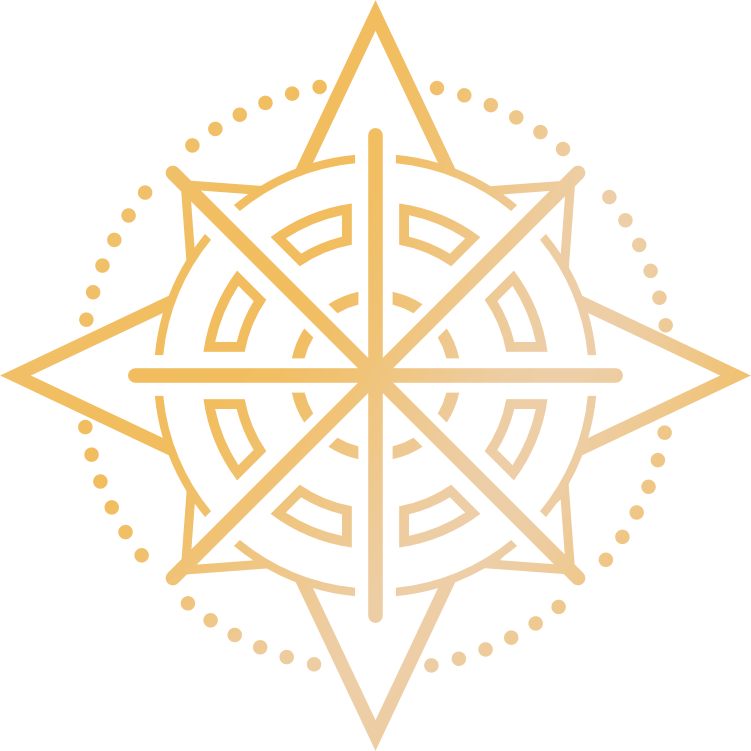How to Choose Your Spiritual Path
Choosing a spiritual path these days can feel a little like scrolling through Netflix: so many options, so little time, and a nagging suspicion you might pick something that doesn’t really fit. But unlike movie night, your spiritual journey genuinely matters—and it deserves a practical, honest approach. If you’re curious about tarot, astrology, numerology, meditation, or just want to bring a bit more meaning into your life (without the incense smoke and vague promises), you’re in the right place.
Why Even Choose a Spiritual Path?
Let’s get this out of the way: you don’t need to follow a spiritual tradition to be a good, fulfilled human. But if you’re feeling stuck, restless, or just want something deeper than your daily routine, exploring spiritual practices can help. Studies show that people with a regular spiritual or mindfulness practice—whether meditation, journaling, or even pulling a daily tarot card—report higher life satisfaction and lower stress levels. No magic, no hype, just good old brain science and self-care.
“I started meditating simply because my productivity tanked after lunch. Five years later, it’s still the only habit I never skip.” – Real client, mid-level manager, NYC
Case Study: Alex’s 15-Minute Exploration Plan
Alex, a 32-year-old graphic designer, felt lost after a tough breakup. She wanted something to anchor her emotions but wasn’t sure where to start. Here’s how she experimented with four practices over a month—without spending a fortune or upending her schedule.
- Week 1: Pulled a daily tarot card using a beginner-friendly deck.
- Week 2: Tried a 10-minute guided meditation each morning.
- Week 3: Started journaling her birth chart insights from a free astrology app.
- Week 4: Explored numerology using her birthday—just with pen and paper.
After a month, Alex gravitated toward tarot and meditation, dropping astrology and numerology for now. The key: She kept it simple, tracked how each practice made her feel, and didn’t force herself to commit to anything “for life.”
How to Explore Spiritual Practices in 15 Minutes a Day
Ready to try for yourself? Here’s a practical, zero-fluff roadmap.
Step 1: Set Your Intention (2 minutes)
- Ask yourself: What do I want from a spiritual practice? (Examples: clarity, calm, fun, direction)
- Write it down. Seriously. It helps.
Step 2: Sample the Basics (10 minutes)
- Tarot: Pull one card from a deck, read the guidebook meaning, and jot down a sentence about how it might relate to your day.
- Astrology: Enter your birth date, time, and place into a free app like astro.com and read your sun, moon, and rising sign descriptions.
- Numerology: Add up the digits of your birthdate to find your “life path number.” (E.g., 08/24/1990 → 0+8+2+4+1+9+9+0 = 33 → 3+3 = 6)
- Meditation: Try a free 10-minute guided meditation on Insight Timer.
Step 3: Reflect (3 minutes)
- How did you feel? Intrigued, bored, calm, energized, skeptical? There’s no wrong answer.
- Did anything “click” or surprise you?
- Jot down a word or two after each session. Patterns will emerge.
Quick Comparison Table: Starter Tools for Each Path
| Name | Key Feature | Size/Material | Price Range | Amazon Link |
|---|---|---|---|---|
| Rider-Waite Tarot Deck | Classic, beginner-friendly | 78 cards, standard cardstock | $15-$25 | Check price on Amazon |
| Crystal Set for Beginners | 7 chakra stones, pouch included | Natural stones, palm-size | $13-$22 | See today’s deal |
| The Only Astrology Book You’ll Ever Need | Comprehensive, easy language | Paperback, 560 pages | $15-$18 | Check price on Amazon |
| Mindfulness Meditation Cushion | Support for sitting practice | Cotton, 16” wide | $35-$50 | See today’s deal |
Product Pros, Cons, and Who They’re For
-
Rider-Waite Tarot Deck:
Pros: Universal, tons of guides online.
Cons: Art style is classic, not modern.
Best for: Total beginners. -
Crystal Set:
Pros: Affordable, tangible, fun to experiment.
Cons: Quality can vary.
Best for: People who like tactile tools. -
Astrology Book:
Pros: Deep dive, well-organized.
Cons: Can be overwhelming at first.
Best for: Book lovers, research types. -
Meditation Cushion:
Pros: Makes sitting easier, durable.
Cons: Not necessary if you already have a comfy chair.
Best for: Anyone wanting a dedicated meditation spot.
Cheat Sheet: How to Know What Resonates
- Does it make you feel curious or energized?
- Is it something you look forward to, or just another “should”?
- After a week, are you seeing benefits (even small ones) in mood or mindset?
- Are you drawn to the tools themselves—decks, crystals, apps—or to the ideas behind them?
- It’s normal for your interests to change over time. Give yourself permission to shift.
My Favorite (Free or Low-Cost) Tools for Beginners
- Labyrinthos Tarot App – Free tarot lessons and digital readings.
- Astro.com – Free detailed birth charts.
- Insight Timer – Huge library of free guided meditations.
- Seventh Life Path – Simple numerology calculator and guides.
Final Thoughts: Keep It Playful (and Honest)
Don’t let FOMO drive your exploration. You don’t have to be a “tarot person,” an “astrology person,” or anything else. Try things, notice what lands, and leave the rest. If a practice feels forced, let it go. If it makes your day a little brighter or your mind a bit clearer, you’re on the right path—whatever it’s called.
Remember: growth is about experimenting, not performing. There are no gold stars for doing it “right.”
Still curious? Check out some of the tools above, or grab a beginner’s tarot deck and see what happens. You might be surprised where a simple 15-minute ritual can take you.
Some links in this post are affiliate links. If you buy something, it won’t cost you extra, but it helps keep the blog running. Thanks for your support!







